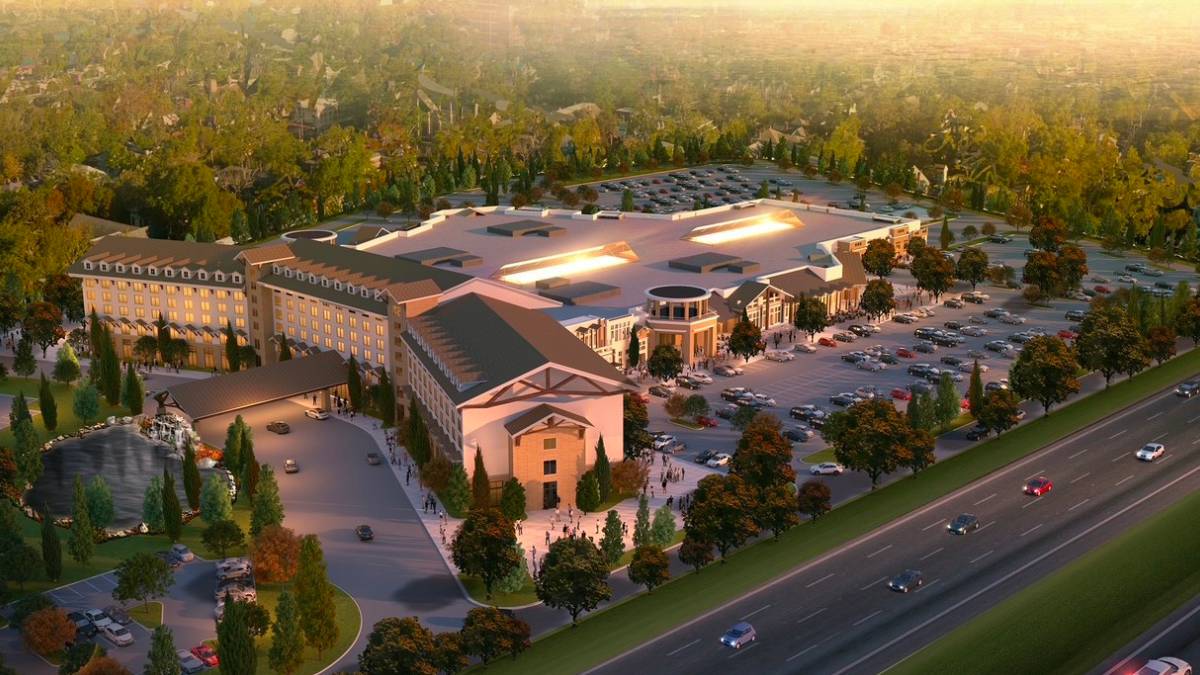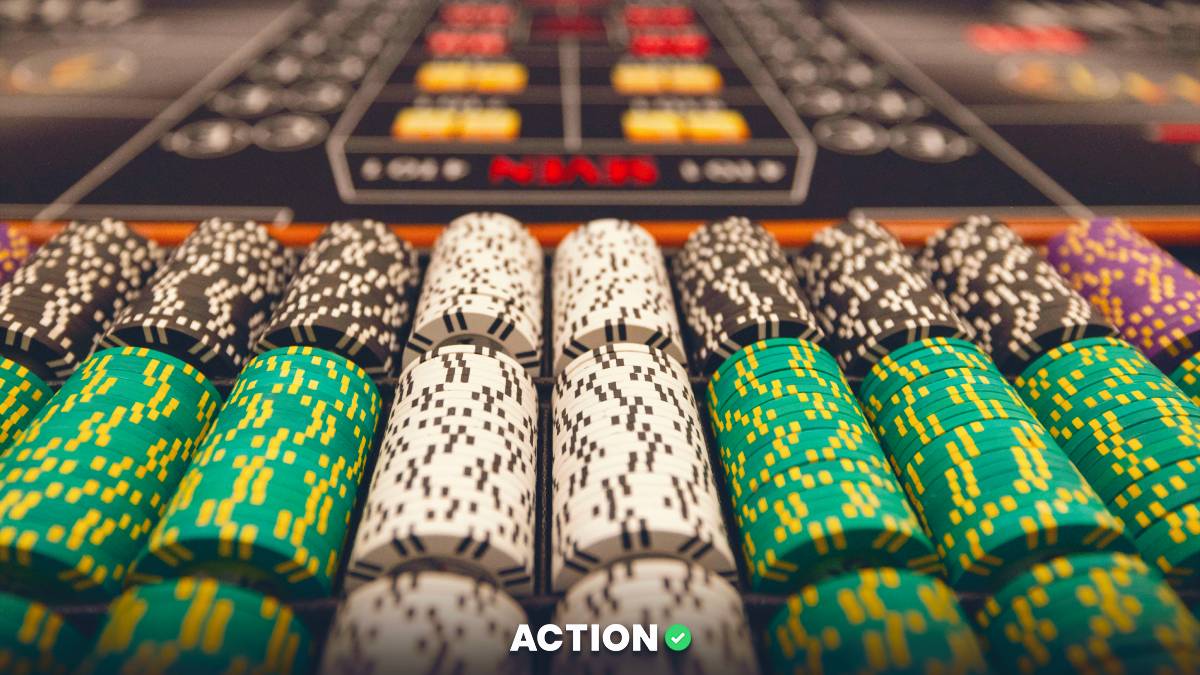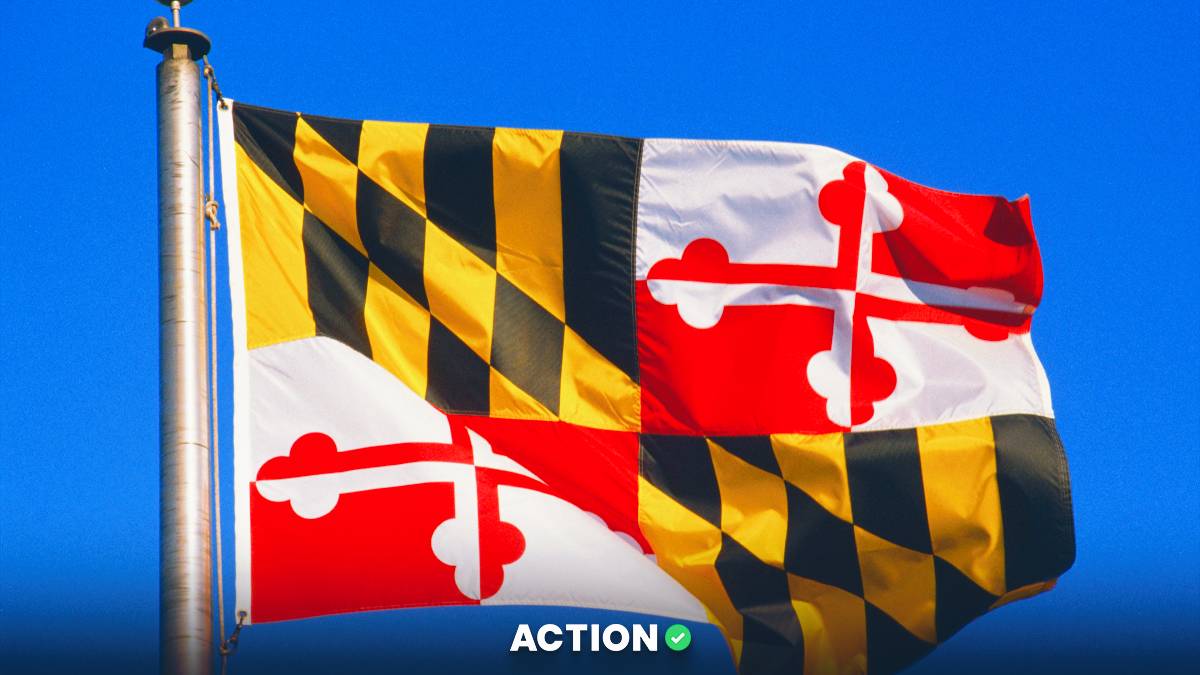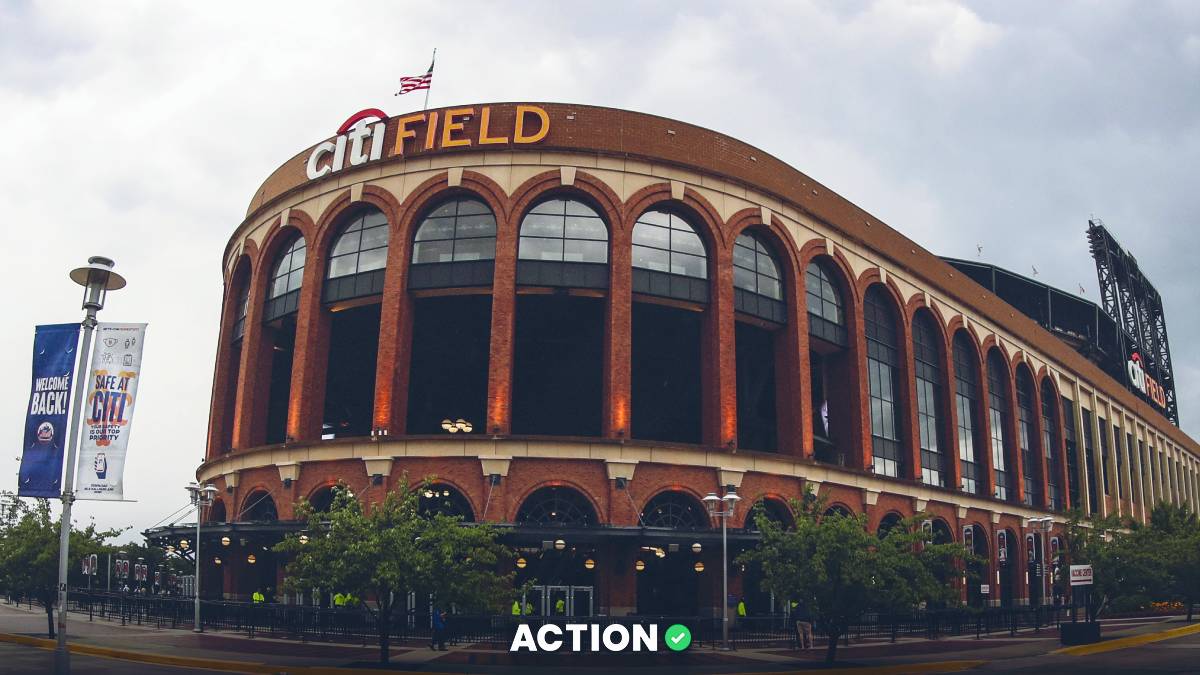The topic of casinos in South Carolina dominated a public hearing, where supporters and opponents had the opportunity to voice their opinions to lawmakers.
The hearing focused on a series of bills aiming to legalize casinos and introduce sports wagering in the state.
The centerpiece of these discussions was the I-95 Economic and Education Stimulus Act, which seeks to create a state gaming commission and permit casino licenses in designated counties.
What Three South Carolina Gambling Bills Are Being Considered?
H4176: A bill to amend the South Carolina Code of Laws by enacting the “I-95 Economic and Education Stimulus Act” by adding Chapter 36 to Title 1 so as to establish the South Carolina Gaming Commission that may award casino licenses in certain counties.

H3625: A bill to amend the South Carolina Code of Laws by enacting the “South Carolina Sports Wagering Act” by adding Chapter 55 to Title 39 so as to provide that the operation of sports wagering and ancillary activities are lawful in certain circumstances, to create the South Carolina Sports Wagering Commission, to provide a privilege tax, to provide for licenses, to provide for persons who are ineligible to engage in wagering in this state, to provide that the commission shall promulgate regulations, to provide enforcement, and to provide reporting requirements; and by adding Section 16-19-135 so as to provide that a person who engages in sports wagering is not in violation of certain laws.
H4129: A bill to amend the South Carolina Code of Laws by adding Section 16-19-5 so as to provide that a person who pays a fee to play a game in which skill predominates over chance and receives a prize proportionate to how skillfully he played is not gambling.
The Promise of Economic Stimulus
Supporters of the initiative, including local residents, educators, and community leaders, argue that bringing casinos to South Carolina could significantly boost the economy.
One of the focal points of the proposal is the redevelopment of the abandoned Santee Mall into a bustling casino and resort. The Santee Development Corporation, which owns the site, plans to transform the property into a full-scale entertainment zone with amenities such as a hotel, spa, restaurant, and retail stores.
Proponents estimate this project could create over 4,600 jobs and generate more than $58 million in annual tax revenue.
Opposition and Concerns About South Carolina Casinos
Despite its economic promises, the proposal faces notable opposition.
Critics worry about the social implications of legalizing gambling. They are cautioning against systems that prey on desperation, arguing that while gambling promises hope, it often leads to harmful outcomes like addiction and financial loss.
Some residents also raised concerns rooted in religious and moral beliefs, urging lawmakers to consider the potential negative impacts on the community.
The History of Gambling and Casinos in South Carolina
Gambling has a long and complex history in South Carolina.
Historically, the state has maintained strict anti-gambling laws, largely influenced by religious and moral opposition. The state constitution once prohibited all forms of gambling.
However, changes began in the 1990s and early 2000s with the introduction of the South Carolina Education Lottery. Since then, any further attempts to expand gambling, like allowing casinos and sports betting, have been met with significant debate.

The current proposals, including three key bills, represent another attempt to alter the gambling landscape in South Carolina. Aside from the I-95 Economic and Education Stimulus Act, the South Carolina Sports Wagering Act seeks to legalize sports betting under certain conditions. Another bill suggests legalizing games of skill, arguing that skill should not be considered gambling.
The Road Ahead for Legalizing Casinos in South Carolina
No decisions were reached during the hearing, as lawmakers continue to weigh the potential benefits and drawbacks. The South Carolina House of Representatives Ways and Means Revenue Policy Subcommittee will reconvene if amendments are necessary.
Ultimately, the future of gambling in South Carolina hangs in the balance as lawmakers deliberate whether the potential economic benefits outweigh the social risks and ethical concerns. As discussions progress, it remains to be seen if South Carolina will join the growing list of states embracing a more liberal stance on gambling.
But WTOC-TV is reporting that South Carolina Governor Henry McMaster would veto any effort to expand gambling in the state.
While lawmakers deliberate on the fate of legal casinos in South Carolina, Palmetto State residents, who are looking for a taste of casino excitement might consider trying their luck at a sweepstakes casino.
These platforms offer a legal alternative for playing various games, providing entertainment and potential rewards without the need for traditional gambling.








